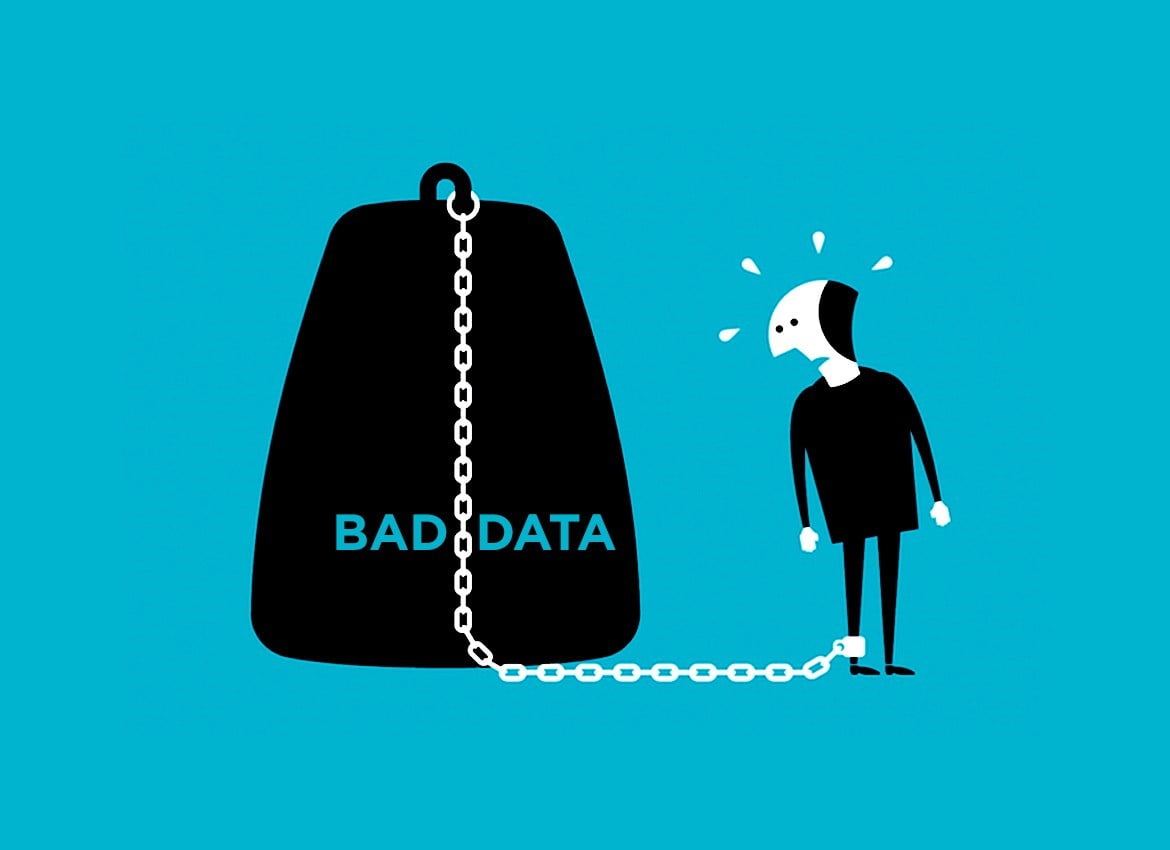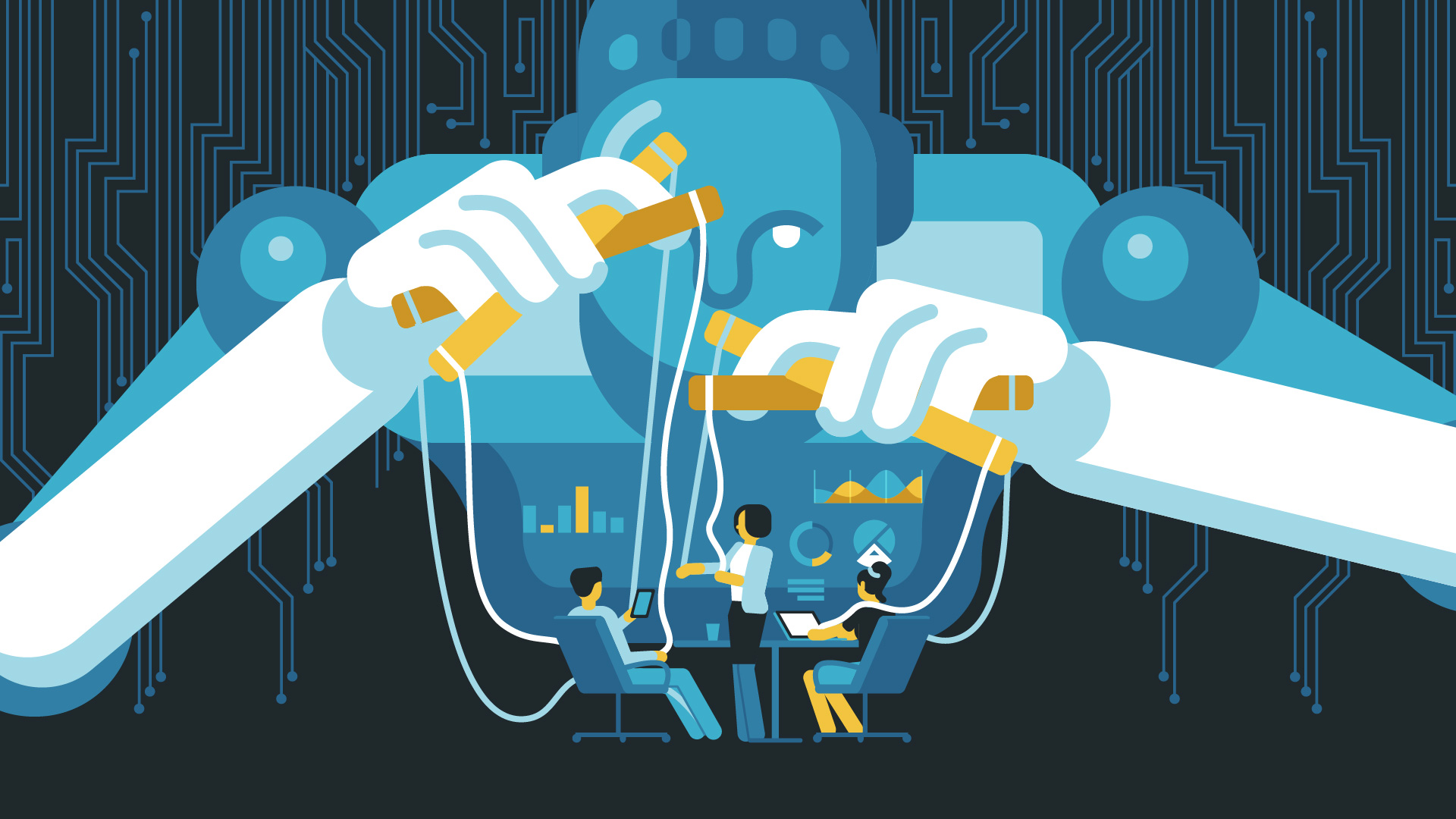Concerns of implementing AI into the business
Despite the fact that the implementation of machine learning algorithms is widespread and the market is growing by 30-40% annually, many managers are skeptical about the possibilities of implementing artificial intelligence into their business. Let's take a look at the main concerns and threats.
It Is Expensive
The demand for the implementation of AI is large and constantly growing, and the threshold for entering the specialty is high, since knowledge in the field of programming, matrix calculations, probability theory, and business education is required. As a result, the salaries of Data Science specialists are at the level of top managers, and it can be even more difficult to attract them.
But progress does not stand still, and every year solutions are becoming more available to a wider range of entrepreneurs. Several years ago, optimization of work using artificial intelligence was available only to enterprises in the field of innovative projects, but now it has become available to medium and even small businesses.
The second argument is the benefits of implementation. AI solutions are implemented only when they can bring measurable benefits. If the automation of processes will increase the productivity of your employees 3 times, then the cost of implementation in the annual salary of an employee no longer seems so high.
Thus, in order to implement machine learning into your processes, it is important to carefully calculate the potential benefits and only then get down to work. Optimization of many ML algorithms nowadays makes it possible to automate enterprise processes several times cheaper than it was several years ago.
It Is “Useless”
Another source of doubt is the point of view that the introduction of AI will not change anything in processes and will become only an expensive toy. The processes are too individual, depend on many factors and require human expertise.

This was true in the early 2010s, when there was not enough computer capacity to process a sufficient amount of information and the data itself was not enough due to the lack of digitalization of production and processes.
The practice of implementing AI in a variety of industries shows that the result of the implementation really reduces costs, increases profits, and speeds up processes.
However, it must be borne in mind that the implementation of AI in a business that does not have any digitalization, where vital information is stored in notebooks or on the desktop of employees, will really be useless. So at first CRM, MES or ERP systems should be implemented.
It will replace me
On the other hand, some specialists believe that AI will completely replace humans. That the algorithms are so powerful and smart that they pose a threat to people. This often causes fierce resistance from employees who either have been in the company for a long time and they are comfortable and know everything, or vice versa, those who doubt their abilities. “How so? I have devoted my whole life to this issue, and some piece of iron will give me advise."

This point of view is even less true than the previous delusion.
AI can only replace fully algorithmic routine work. In most projects, AI is a powerful assistant that will provide the right predictions and recommendations at the right time. The final decision is for a human to make. Thus, AI does not replace a person, but increases productivity, makes work more efficient, eliminates routine, and provides time for solving complex creative problems.
I won't know what's going on
If a person makes a decision, he/she can be asked to explain how he/she came to this conclusion, to find possible errors in reasoning, or vice versa to adopt a way of thinking. With an artificial neural network, this is impossible. Thus, there is a fear that the solutions will be unpredictable and cannot be trusted.

A number of AI algorithms really work as a "black box", but not all. More often, machine learning methods, on the contrary, show which input data have the greatest impact on the result, whose weight is maximum. Other methods may not show the exact weights, but will show the probability distribution for other answers. In the end, AI only recommends and indicates the probability with which its decision is correct, it is always people who make decisions.
My data will be stolen
A lot of data is needed to effectively apply AI algorithms. Essentially all information about business. Information represents a competitive advantage, so its leak can pose a serious threat to business.
Therefore, it is especially important that the data science contractor also has cyber security expertise.
Conclusion
In conclusion it can be noted that the risks of integrating AI into the business are present, like the implementation of any other IT system, but with proper process management, they can be significantly reduced. We will be glad to help you with this!


